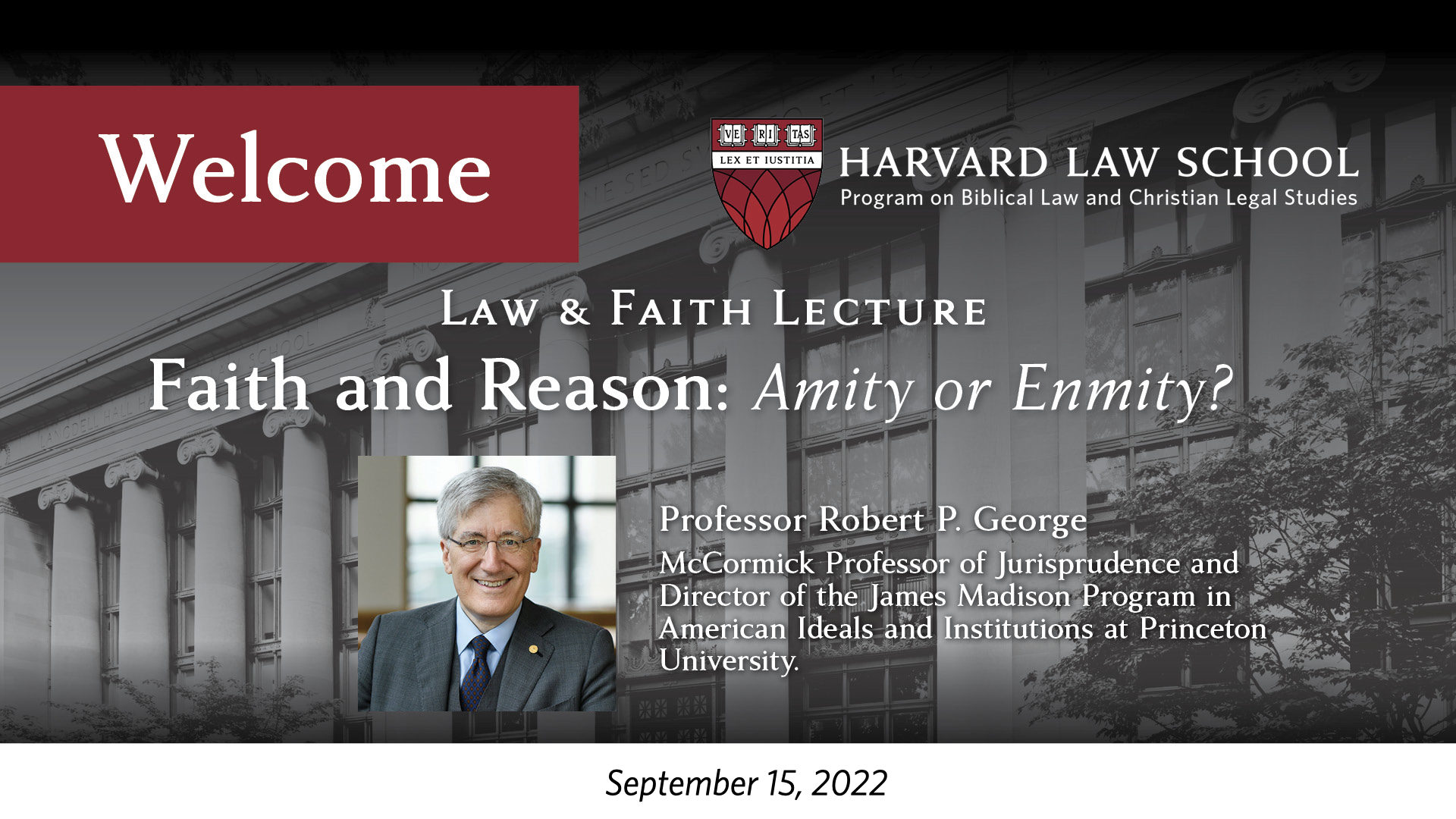
Absent Husbands, Waiting Wives: A Case Study in Civilian Interpretation
2022 Winner of the Program on Biblical Law and Christian Legal Studies Student Writing Prize
If your spouse goes missing, may you remarry? What happens if your missing spouse later returns? This paper explores the answers that early thinkers in the civilian tradition—popes and canon lawyers writing from the fifth to the twelfth centuries A.D.—offered to these problems, which were as common and pressing in antiquity and the Middle Ages as they are today. This paper traces the twin influences of the law of the New Testament and Roman law in their responses, and argues that, over time, canon lawyers increasingly focused on the culpability of the wife who remarried during her husband’s absence: what she knew about her absent husband when she remarried and how she knew it assumed great importance. The paper also shows how, in their thoughtful struggle to craft a regime that was doctrinally defensible, consistent with prior rulings, and empathetic, civilian thinkers grappled with other, equally significant issues: (1) the equal treatment of men and women in marriage; (2) the relationship between Christian doctrine and classical Roman law; and (3) the deviation from hard legal rules in exceptional circumstances such as war.

